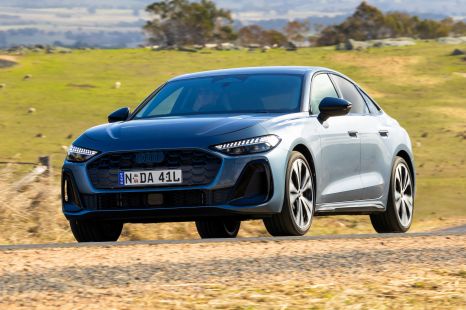

James Wong
2025 Audi A5 Sedan TFSI 150kW review
5 Days Ago

Contributor
Ferrari is edging closer to the unveiling of its first electric vehicle (EV), but the brand has promised its clientele that the battery-powered model will stay true to its roots.
Due to be revealed in 2025, not much is known about Ferrari’s EV, other than it’s expected to account for five per cent of the marque’s annual sales by 2026.
While it won’t have a sonorous V12 engine like the recently revealed 12Cilindri or even the turbocharged whistle of a 296, the brand’s global marketing director, Emanuele Carando, claims there will be elements to the EV which make it a true Ferrari.
“Driving thrills are the most important thing within our portfolio and we measure driving thrills in two ways,” said Mr Carando.
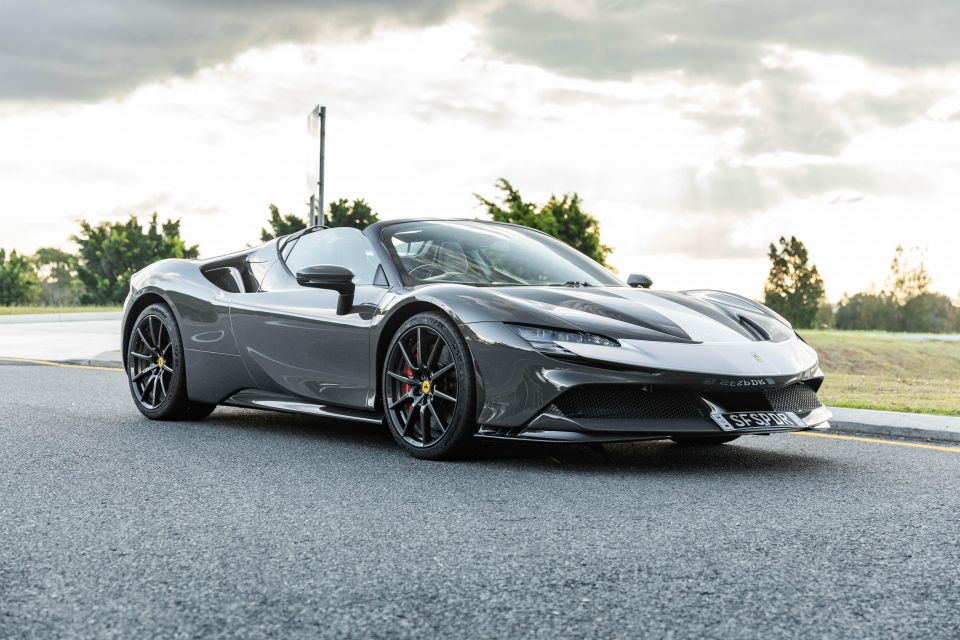
“The easiest way is the smile the clients have whenever they drive our car and get out of the car. [This is] the best indication of how fun it is to drive the car.
“But there is a more scientific approach which is longitudinal acceleration, lateral acceleration, braking, gear shifting and sound. Those five elements are the most important elements we evaluate and we build together to develop our cars.
When pressed on whether the EV will generate sound, Mr Carando said it would but refused to elaborate on if it would be produced by speakers, adding, “I can tell you the new electric Ferrari vehicle is going to be a true Ferrari.”
“All our cars are different – [we have] different cars for different Ferraristi and for different moments.
“The new electric vehicle will deliver different emotions versus the SF90, versus the Purosangue, versus the Roma or versus the 12Cilindri.”
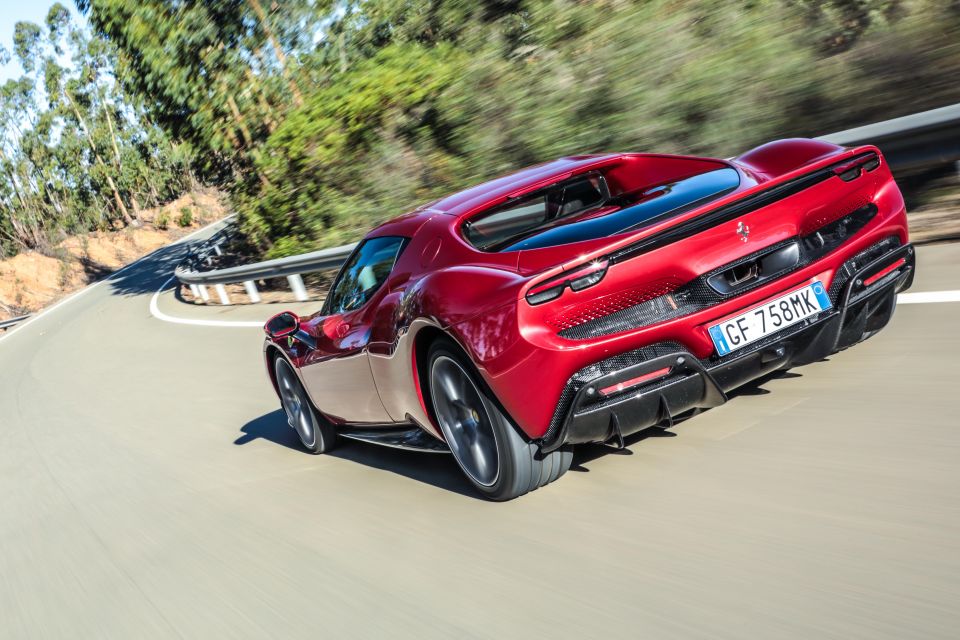
Though Ferrari doesn’t yet have an EV in its lineup, its core supercars – the 296 and SF90 – are powered by plug-in hybrid drivetrains, with their respective twin-turbo V6 and V8 engines supplemented by electric motors for more power.
This also enables both cars to drive on electric-only power for about 25km, which isn’t much but it’s enough to drive through certain European cities without having to start the petrol engine.
According to Mr Carando, Ferrari is using lessons learnt from these plug-in hybrids in the development of its EV.
“Every time we develop a car is a learning curve, and it is a learning curve in terms of customer expectations and delivery of performance,” he said.
Ferrari’s long-time Italian rival Lamborghini is due to launch its first EV – based on the Lanzador crossover concept – in 2028, while German sports car manufacturer Porsche has been producing its battery-powered Taycan sedan since 2020.
MORE: Everything Ferrari MORE: Ferrari will keep building V12 engines until governments shut them down
CarExpert helps new car buyers save thousands with expert reviews, honest advice, and transparent pricing – no dealer pressure and no sales games.
Born and raised in Canberra, Jordan has worked as a full-time automotive journalist since 2021, being one of the most-published automotive news writers in Australia before joining CarExpert in 2024.


James Wong
5 Days Ago
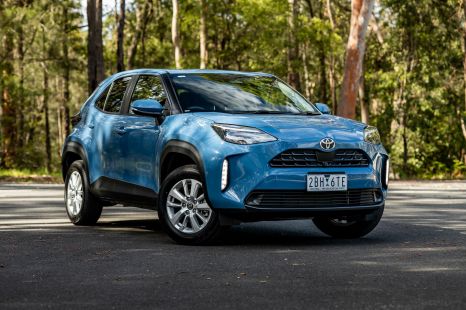

Matt Campbell
4 Days Ago
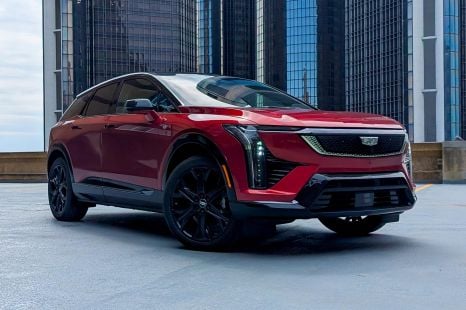

William Stopford
2 Days Ago
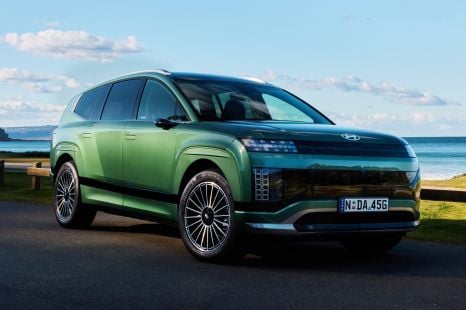

Josh Nevett
1 Day Ago
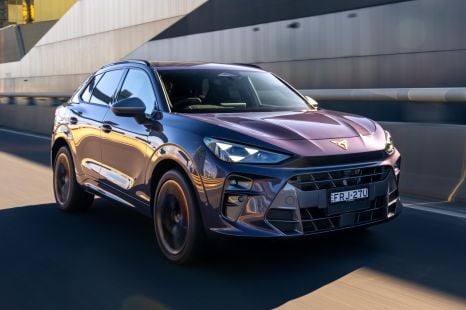

James Wong
1 Day Ago
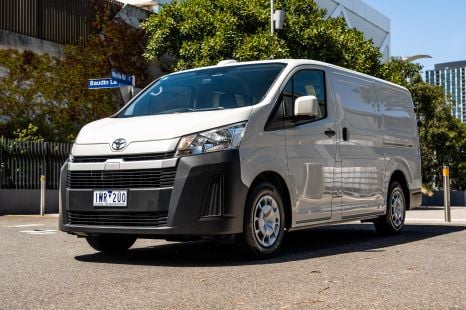

Max Davies
19 Hours Ago